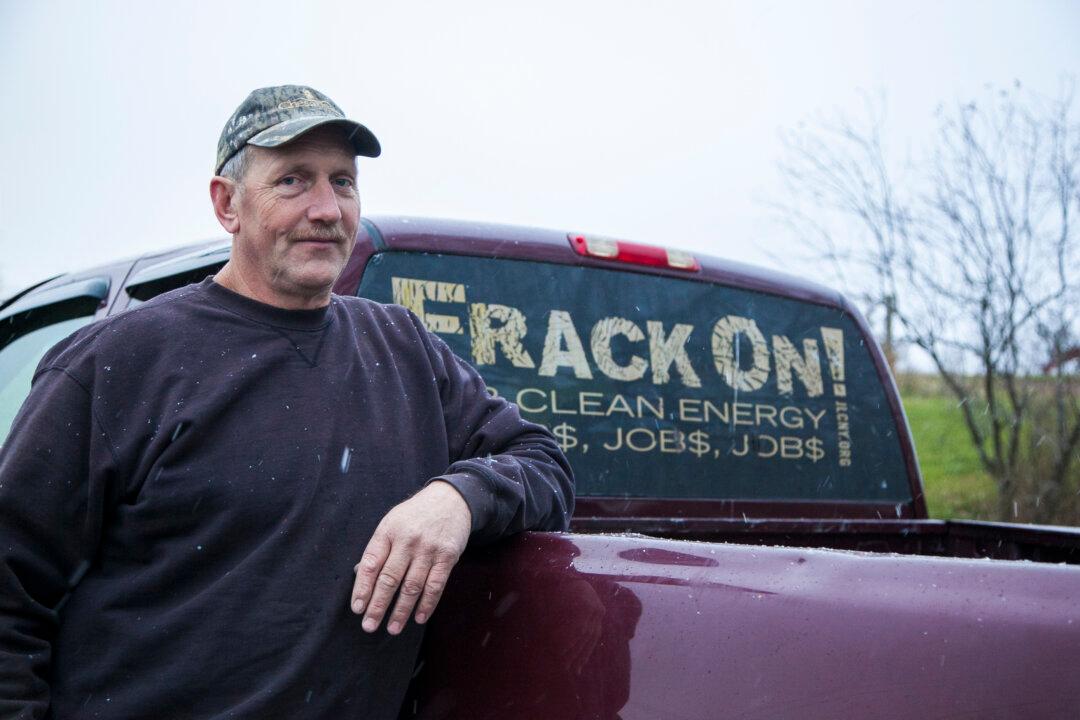When the announcement came out last December that New York was banning fracking, people mistakenly believed that all forms of fracking were no longer allowed.
But now the word is out that a less invasive form of fracking is still permitted causing upstate New York towns to amend their zoning laws to allow fracking.
Fracking Versus Hydrofracking
Hydraulic fracturing, or simply “fracking,” is still permitted in New York and approximately 90 percent of oil and gas wells are fracked, according to the New York Department of Conservation (DEC) website. This method involves drilling a single well using 80,000 gallons of water and additives, and is reported to have less environmental impacts than the other, still banned, kind of fracking.
The ban applies to a more invasive method, which involves pumping millions of gallons of water and additives, called high-volume fracking, or “hydrofracking.” It has a much more significant impact on the environment.
The subject of fracking in New York escalated after the discovery of the oil-rich Marcellus Shale, which can only be penetrated using hydrofracking.





